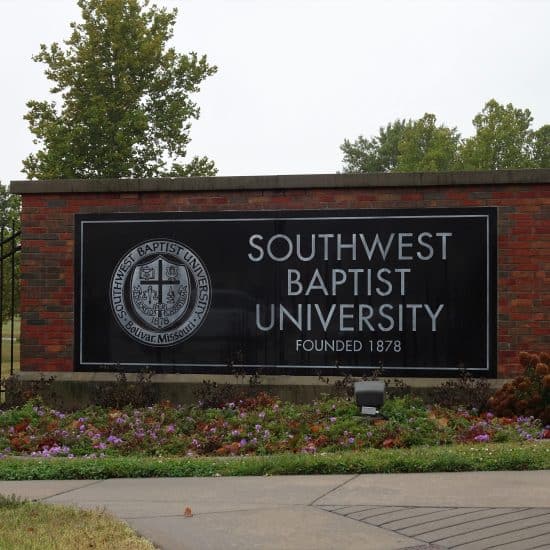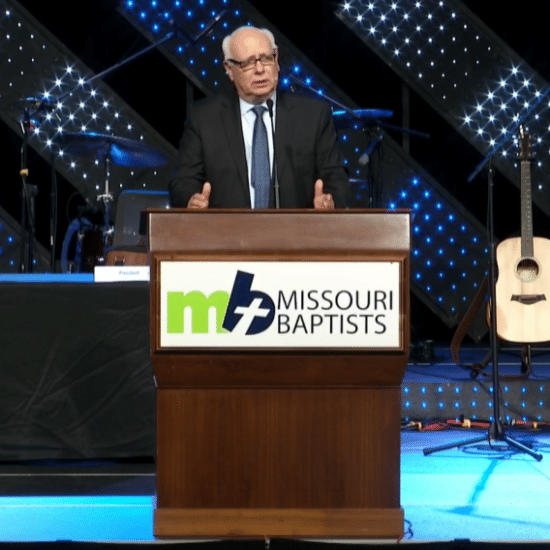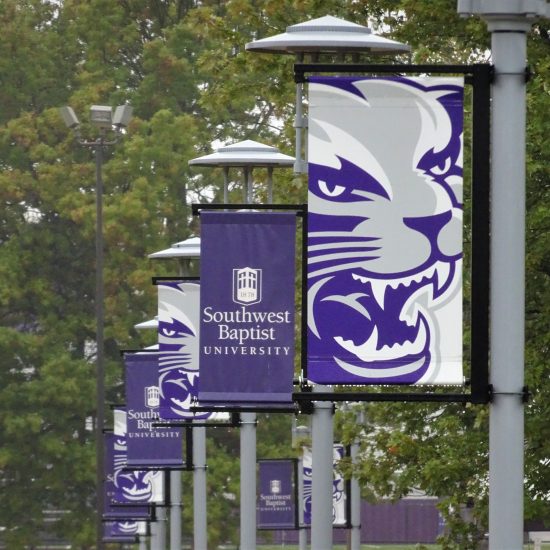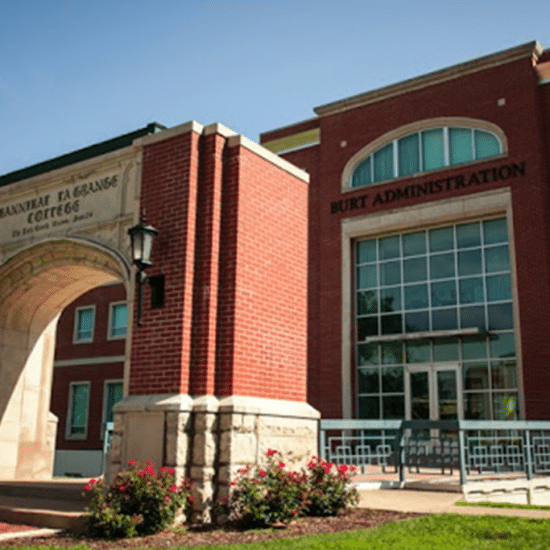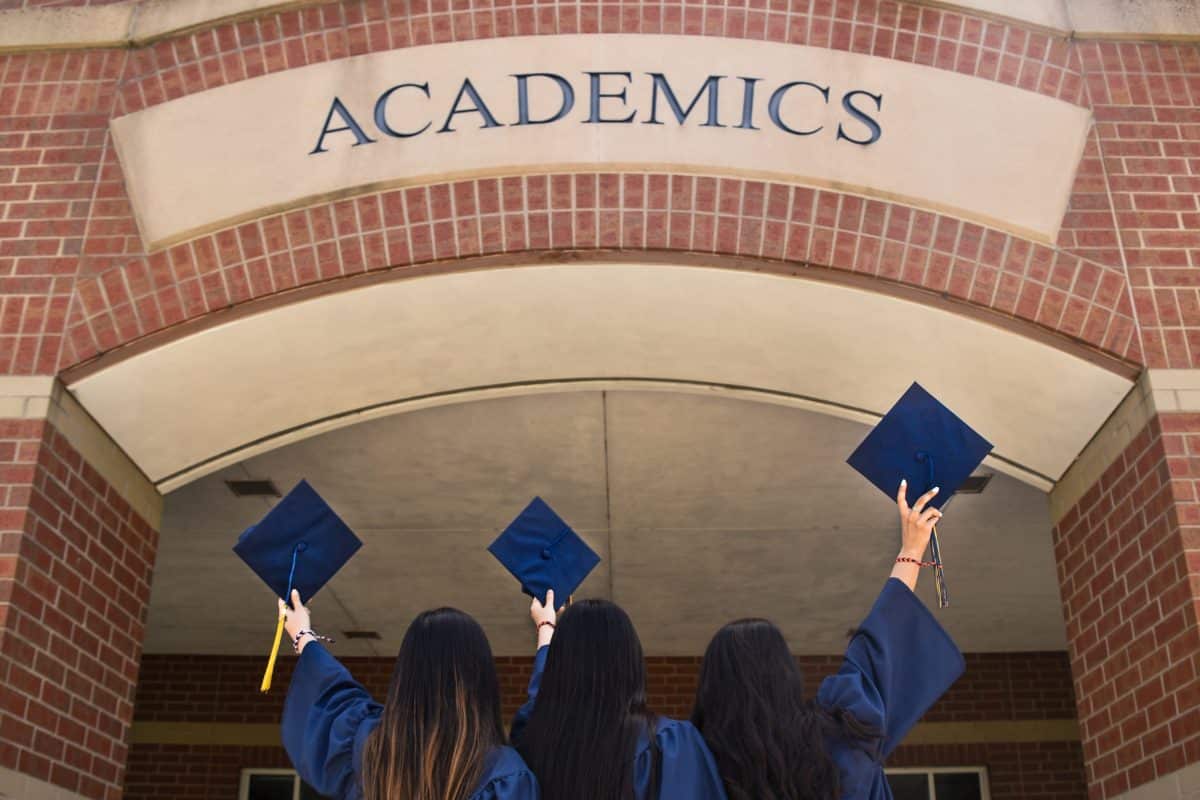
Kyle Lee was a man on a mission. The vice chair of the board of trustees at Southwest Baptist University, he felt empowered to ensure doctrinal integrity at the school in Bolivar, Missouri. Over the past year, allegations emerged of trustees taking over search committees for religion professors and grilling faculty up for tenure or promotion in ways that contravened institutional policies.
During this same time, trustees waged a fight for new governing documents that would give the Missouri Baptist Convention greater legal control of the school. For years MBC Executive Director John Yeats had pushed for such changes, but it took chicanery by the body with respect to trustee appointments to realize his goal.
That process saved Lee’s trusteeship. Back in January of 2019, just after Lee first joined the board, his fellow members took the unusual step of voting to censure and exclude him for violating the board’s conflict of interest policy. They formally removed him nine months later even as the MBC claimed it alone had such an “exclusive legal right.”
With the new members forced on the board by the MBC, the tide shifted. In early 2020, SBU’s board restored Lee as a full member. Then in September, the board adopted the new governing documents the MBC demanded. The next month, the school’s president resigned amid efforts to fire him for resisting the MBC’s priorities.
It was then that SBU’s board, now stacked with MBC loyalists, elected Lee as vice chair. Empowered and rewarded after having previously violated the board’s own rules, he embarked on his inquisitions.
But in August, Lee discovered there’s a higher authority than the MBC: SBU’s accrediting body, the Higher Learning Commission.
Last year, the HLC started investigating the school. After the accreditor sent its preliminary report to the trustees, Lee resigned amid an effort to remove him. SBU’s board also dropped its legal push for its new governing articles that MBC leaders wanted.
This week we learned why when the HLC put SBU on probation. The HLC’s explanation referenced, among other problems, the inappropriate behavior of the unnamed Lee and other trustees.
Rather than learning the lessons of the past three years, SBU’s new president, Rick Melson, went into spin mode. Speaking during an emergency faculty meeting on Tuesday (Nov. 9) after the news of the HLC’s decision, Melson claimed the problems “are not academic issues” but “concerns with governance.”
He described the inappropriate actions of Lee and other board members as those who “got out of their lane,” but insisted the problems had been fixed even as he repeatedly told everyone to just “move forward” without any commitment to make amends for this litany of transgressions.
All of this raises an important question: What lessons do these machinations teach students? After all, learning and formation at Christian schools occur beyond the classroom. That’s why SBU’s vision statement references the importance of “providing a transformative and holistic educational experience.”
 In this issue of A Public Witness, we take you on a college tour to SBU and several other Christian schools embroiled in governance conflicts this year. Then we offer some lessons on why these issues matter to Christian communities.
In this issue of A Public Witness, we take you on a college tour to SBU and several other Christian schools embroiled in governance conflicts this year. Then we offer some lessons on why these issues matter to Christian communities.
NOTE: The rest of this piece is only available to paid subscribers of the Word&Way e-newsletter A Public Witness. Subscribe today to read this essay and all previous issues, and receive future ones in your inbox.


